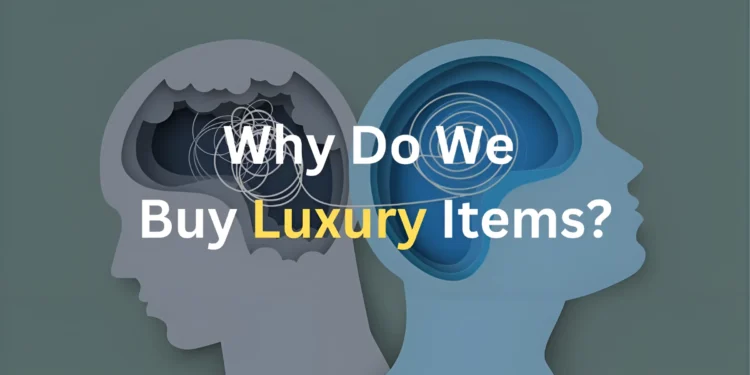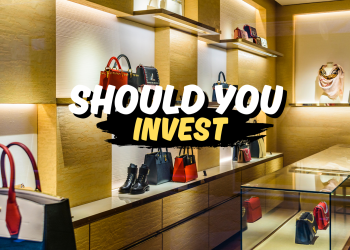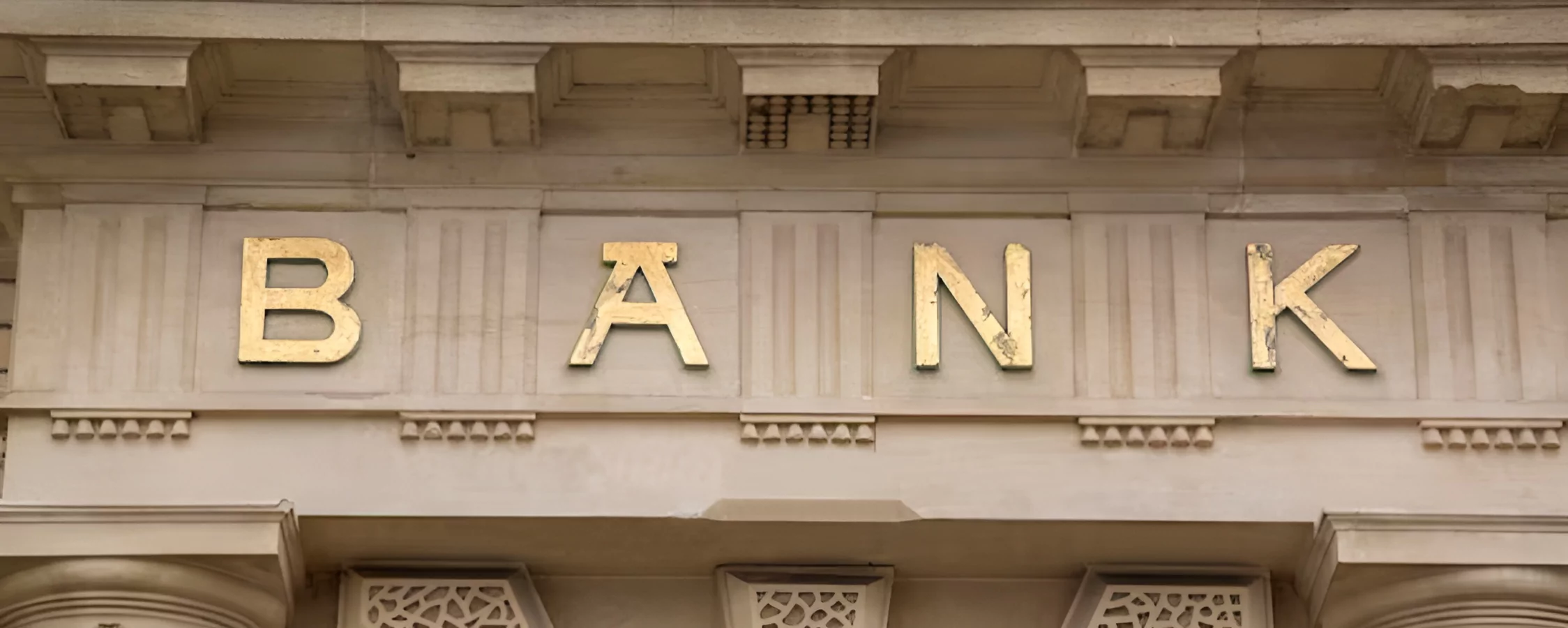Whether it’s a designer handbag, luxury car, or high-end watch, purchases of luxury goods seem to have a strong appeal for many consumers around the world. But what exactly drives this demand for luxury items that are often far more expensive than their mainstream counterparts? At its core, the psychology behind buying luxury items is complex, and multifaceted and reveals some universal human motives. This article explores some of the key psychological factors that influence consumer behavior when it comes to luxury purchases.
How Much of a Role Does Social Signaling Play?
A large part of the appeal of luxury goods stems from their ability to communicate social signals about the buyer. Luxury brands have mastered the art of imbuing their products with desirable meanings and associations that people want to convey about themselves. By sporting a logo or label, consumers believe others will perceive them as successful, sophisticated, or high-status. This desire to signal prosperity and taste to others through luxury consumption has strong roots in evolutionary psychology.
From an evolutionary standpoint, displaying signals of social status and resources helped our early human ancestors attract mates and gain respect within social hierarchies. The psychology behind this impulse remains deeply ingrained today on a subconscious level. Luxury brands leverage this innate human tendency to compare themselves to others and gain approval. The high price tags act as an easy shortcut to signal affluence, even for those who may not truly be wealthy. This perceived ability to influence social perceptions makes luxury purchases highly alluring.
Do Luxury Purchases Fulfill Deeper Psychological Needs?
Beyond signaling motives, luxury consumption also taps into deeper human psychological needs of uniqueness, control, and self-expression. Luxury items promise exclusivity since they are rare, limited edition, or difficult to acquire. This fulfills people’s primal need to differentiate themselves and stand out from the crowd. Furthermore, being able to afford lavish, coveted items gives consumers a sense of freedom and control over their circumstances in life.
On the other hand, selectively choosing luxury brands that match one’s personality allows self-expression. Whether it’s a glimpse of adventurousness through an outdoor watch or creativity via designer shoes, luxury purchases provide a medium to showcase individual traits. Fulfilling these intrinsic human motivations of uniqueness, freedom, and identity through luxury consumption makes the high price more justifiable psychologically.
Do Hedonic Motivations Play a Role in Luxury Consumption?

Purchase decisions, especially for unnecessary goods, are also strongly driven by hedonic or pleasure-seeking motives. Luxury items trigger sensory delight through their design, craftsmanship, and material feel. The euphoria people experience from the anticipation of a luxury purchase and first-time use is linked to dopamine releases in the brain’s reward center. This neurochemical “rush” experienced while shopping for or receiving luxury goods partly explains their broad appeal.
Additionally, marketing campaigns fuel this hedonism through aspirational images and lifestyle portrayals. Luxury brands seduce consumers by associating products with exotic destinations, youthfulness, beauty, and social fun. The promise of prestige, self-indulgence, and sensory gratification further reinforce the pleasure centers of the brain during luxury consumption experiences. This taps into our innate desire to maximize rewards and minimize negative emotions.
How do Luxury Purchases Help Combat Fears of Mortality?

Terror management theory proposes that a large part of conspicuous consumption behavior stems from the deep-seated human fear of mortality. On a subconscious level, displays of wealth and status symbolize humans’ uniquely large cognitive capacities and triumph over nature. Flaunting luxury items that few others can afford serves as a distraction from inevitable death anxieties. It provides a sense of control over resources and boosts self-esteem to counteract existential dread.
This partly explains why conspicuous luxury consumption increases during times of economic or health crises when mortality fears are heightened. The psychology behind buying luxury items as an assertion of power, life energies, and defiance of death motives plays a stronger role than most realize. Luxury brands keenly exploit this vulnerability by positioning products as immortal trophies of achievements and gateways to never-ending pleasures. Addressing mortality anxieties forms a subliminal yet important driver for the desire for luxe goods.
Can Overindulgence in Luxury Purchases Become Problematic?
Despite their ostensible purposes, a growing body of research highlights some potential downsides to excessive luxury consumption. Constantly keeping up appearances through luxurious possessions and lavish spending is linked to lower life satisfaction, more negative emotions, and increased debt load. The pressure to maintain a luxury-intensive lifestyle can morph into compulsive spending behavior for vulnerable individuals with low self-control or self-esteem issues.
Moreover, overindulgence in luxury’s hedonic pleasures may reset consumers’ levels of sensory stimulation and satisfaction over time. This could necessitate chasing even “bigger highs” through more extravagant purchases in a never-ending cycle. Simply put, beyond a point, the net marginal benefits of luxury diminish while the potential risks and dependence on external approval grow dangerously. Guarding against the addictive, compulsive aspects of luxury consumption requires self-awareness.
Conclusion | Psychology Behind Buying Luxury Items
While the tangible benefits of a luxury item may seem straightforward, the psychology underlying the allure of luxurious possessions is multifaceted. Evolutionary, social, and identity motives stimulate luxury desire on deep-seated levels from signaling status to fulfilling basic human needs and reinforcing self-concepts. Hedonic pleasures, counteracting mortality anxieties, and establishing desirable brands-based social identities also strongly drive luxury interest.
Nonetheless, excessive luxury indulgence may lose its utility and potentially negatively impact well-being. A balanced approach towards consciously aligning luxury spending with deeper significance appears healthier. Overall, the psychology around buying luxury illuminates universal human desires for social connection, control, uniqueness, and pleasure-seeking fulfilled temporarily through symbolism and extravagance.













